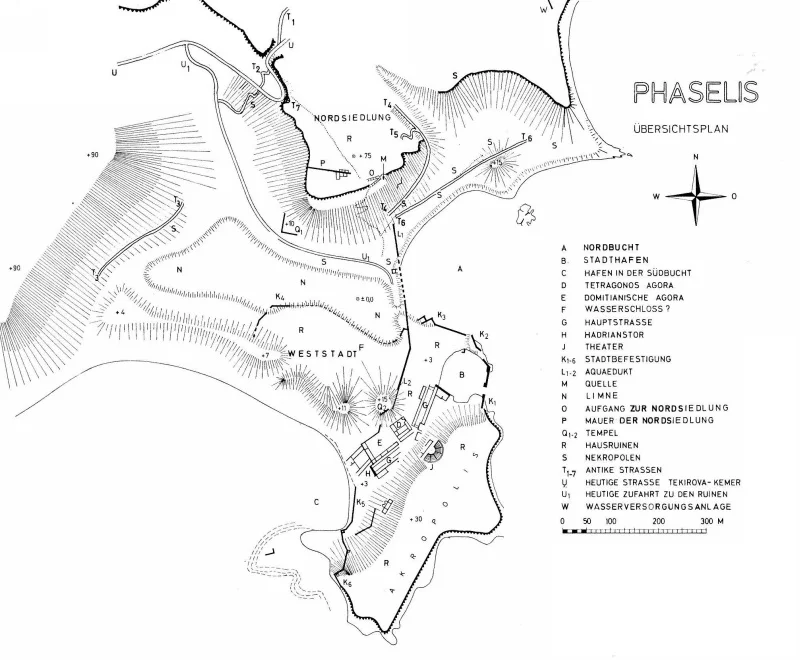In ancient Athens, a system known as the Leitourgia or Liturgy System mandated that the wealthiest citizens, those owning property worth at least 3 to 4 talents (equivalent to 26 kilograms of pure silver per talent), ought compulsorily to contribute financially to significant public works or events. The system encompassed various liturgies, including the trierarchy, the responsibility of sponsoring a trireme warship and its crew for the Athenian navy for an entire year. Additionally, several liturgies were associated with various festivals, such as the choregia, meaning "chorus-leading," which entailed the production of a chorus for the musical and dramatic festivals. The individual entrusted with this duty was called a choregos. The choregia was considered a public service performed by a wealthy citizen on behalf of the polis (city-state). A choregos (literally, "sponsor of a chorus") was responsible for recruiting, training, maintaining, and costuming the members of the chorus (the choreutai) who participated in competitive performances at the festivals. Other notable liturgies included the gymnasiarchy, which involved sponsoring a team competing in an athletic festival and providing and equipping a gymnasium for this purpose, the hestiasis ("feasting"), where the liturgist funded a public banquet for all members of his tribe, and the architheoria, the leadership of a public delegation to a foreign festival.
Liturgies emerged from the notion that Athenian aristocrats and the rich (and even metics), by virtue of their wealth, had a moral duty to provide essential public services and works for their polis, such as the financing of the construction of temples. This helped to establish a role and social relevance for the aristocracy which endured even after the emergence of democracy in Athens. The ancient Athenians had a system for selecting which citizens were to perform public service duties, known as liturgies. The first step in this process was the creation of a list of potential liturgists. This list was compiled by the deme, a small administrative sub-unit within a tribe. The deme would consider factors such as the wealth, age, and health of each citizen when creating the list.Once the list of potential liturgists was created, it was submitted to the tribe's assembly. The assembly would then vote on who would be selected as liturgists. The vote was open to all citizens of the tribe, regardless of their wealth or status.
In some cases, the tribe would also appoint a group of citizens to oversee the selection of liturgists. This group was known as the diaeretai. The diaeretai were responsible for ensuring that the selection process was fair and that only qualified citizens were selected as liturgists.
ReferencesDemocracy (Ancient Greece) - Wikipedia
Metic - Wikipedia
Deme - Wikipedia
In Ancient Athens, Rich People Bragged About Their Heavy Tax: The Indicator from Planet Money - NPR
Trierarchy - Wikipedia
Choregos - Wikipedia
The Ancient Economy : Finley, M. I. - Internet Archive
Günther, J., Hahn, F. Choregia and trierarchy as profit-oriented entrepreneurships. Const Polit Econ 30, 177–193 (2019). https://doi.org/10.1007/s10602-019-09276-4
McCannon, B.C. Who pays taxes? Liturgies and the Antidosis procedure in Ancient Athens. Const Polit Econ 28, 407–421 (2017). https://doi.org/10.1007/s10602-017-9249-7
Wealth and the Power of Wealth in Classical Athens - John Kenyon Davies - Google Books
